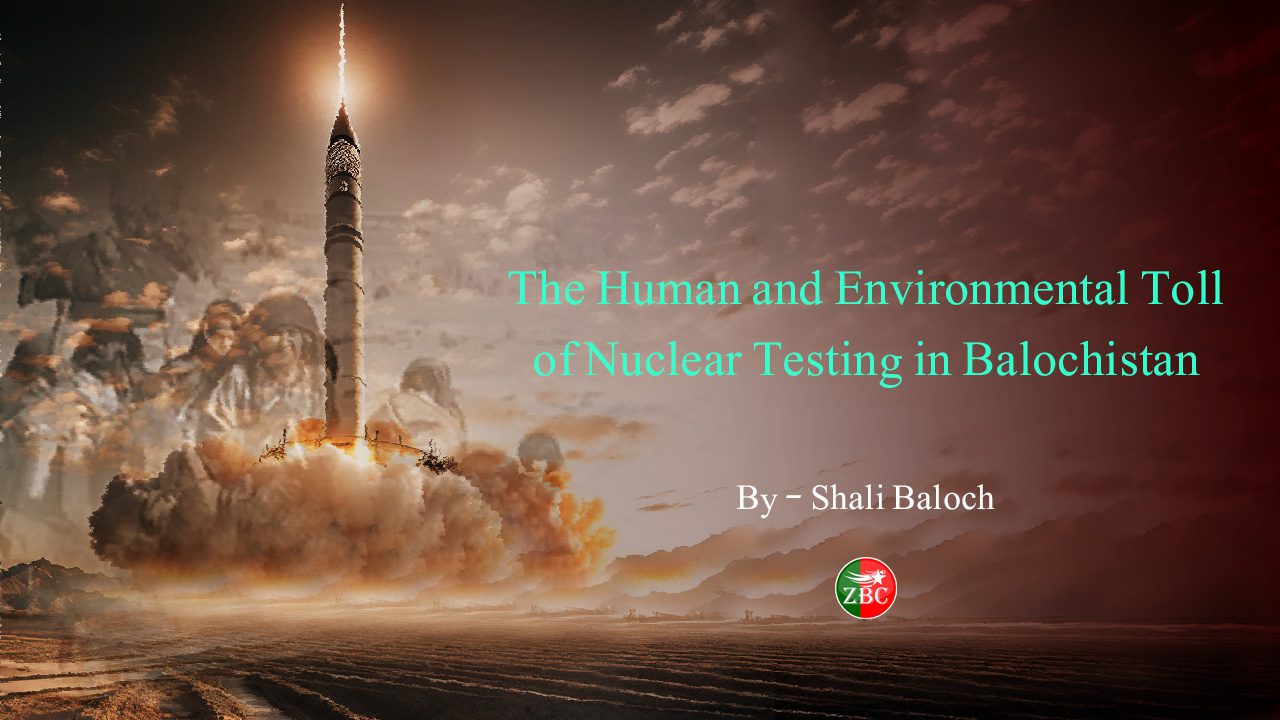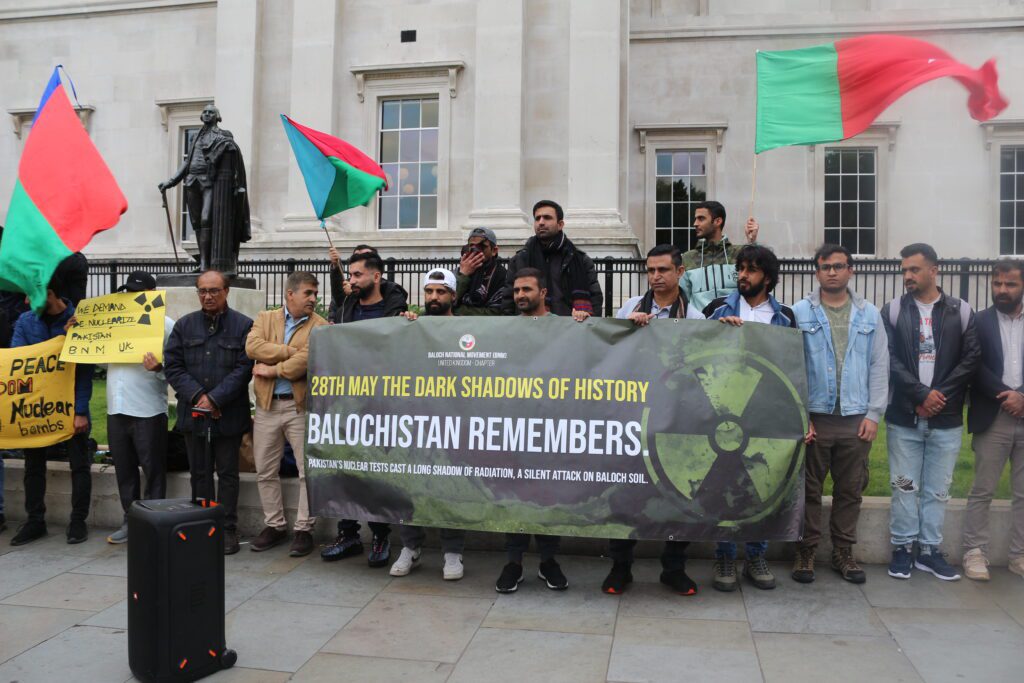On May 28, 1998, Pakistan conducted a series of six nuclear tests in the Chagai District of Balochistan. While these tests were seen as a demonstration of Pakistan’s strategic defense capabilities, they unleashed a wave of devastating consequences for the local population and environment, repercussions that continue to be felt to this day.
The Human Cost:
The aftermath of the nuclear tests in Chagai has been catastrophic for the residents of Balochistan. Chronic diseases have become alarmingly prevalent, with cancer rates soaring and many children born with severe disabilities. Reports from the region indicate a significant increase in cases of skin diseases, respiratory issues, and other chronic health conditions. The radiation exposure from the tests has had a lasting impact on the genetic makeup of the population, leading to a higher incidence of congenital disabilities and other serious health problems.
Environmental Devastation:
The environmental impact of the nuclear tests has been equally severe. The once-thriving agricultural lands have been rendered barren, and livestock have suffered greatly, further depriving the local people of their means of livelihood. The Ras Koh mountain, the site of the tests, has been turned into a heap of nuclear waste, contaminating the surrounding soil and water. The region, which once enjoyed regular rainfall, has seen a drastic change in its climate, contributing to desertification and the loss of arable land.
A Call for International Intervention:
The situation in Balochistan is a stark reminder of the dangers posed by nuclear weapons. Pakistan’s possession and testing of nuclear weapons in this region not only threaten the local population but also pose a significant risk to global security. The international community must recognize the ongoing humanitarian crisis in Balochistan and take decisive action. There is an urgent need for international oversight to ensure that Pakistan’s nuclear arsenal is managed responsibly and that the affected regions receive the aid and support they need to recover.
The storage of nuclear weapons in key Balochistan cities such as Khuzdar and Sonmiani raises further concerns about the safety and security of the region. The potential for accidents or targeted attacks involving these weapons could have catastrophic consequences, not just for Balochistan but for the entire world.
Conclusion:
It is imperative that the international community addresses the nuclear threat posed by Pakistan and takes steps to mitigate the suffering of the Baloch people. Sanctions and bans on Pakistan’s nuclear weapons program could be a starting point, but comprehensive measures are needed to address the environmental and health crises stemming from the 1998 nuclear tests. The voices of the Baloch people, who have long endured the consequences of these tests, must be heard, and their plight addressed with urgency and compassion.
The world must stand together to ensure that no region suffers from the horrors of nuclear testing and that the principles of peace and human dignity are upheld.



